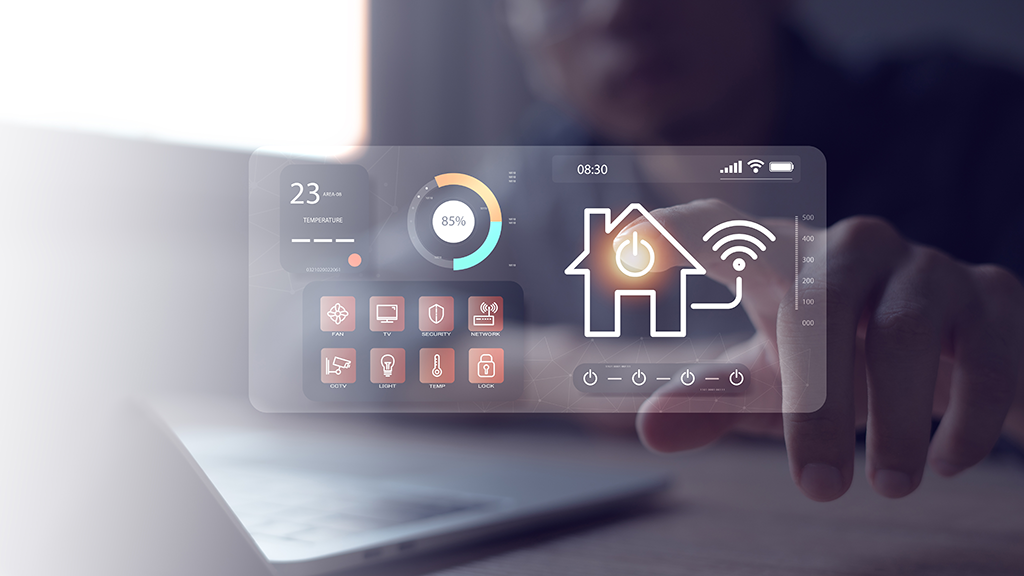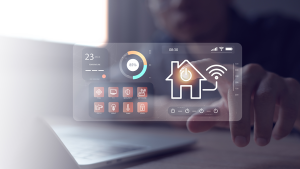VANCOUVER — The Province of B.C. and BC Hydro have announced they are launching a pilot project in Vancouver that has the potential to set new standards for supporting housing densification in Canada.
In a move that’s meant to support the transition from single-family homes to multi-unit residences, the initiative is exploring how full electrification can be achieved without the need for more significant electrical service upgrades.
“At the core of this project is a smart panel developed by Burnaby-based Evectrix, a key innovation supported through a $600,000 investment from the province’s Innovative Clean Energy Fund and BC Hydro’s $700-million Energy Efficiency Plan,” states a release. “This device transforms a conventional breaker panel into a ‘smart hub’ that manages real-time energy usage, in this case eliminating the need to upgrade from a 200-amp to a 400-amp service, even in an electrified six-unit development.”
The pilot is aiming to do the following:
- all-suite electrification in a multi-unit residential building without requiring a significant service upgrade;
- a smart panel integration with advanced thermostats for greater suite-level energy control; and
- management of multiple non-EV electrical loads, such as hot water, ranges and dryers, through a single smart panel.
Traditionally, densifying from single-family homes to duplexes, fourplexes and sixplexes has required significant electrical upgrades.
The pilot project is located on Vancouver’s Chestnut Street. Special permission was given from the City of Vancouver in order for the project to be installed at the location.
BC Hydro is increasing investments in energy-saving tools, technologies, programs and rebates. These measures are expected to deliver 2,000 gigawatt hours in electricity savings – enough to power approximately 200,000 homes, the release reads.
If this approach proves successful, it could set the stage for more customer-focused energy solutions.











Recent Comments
comments for this post are closed